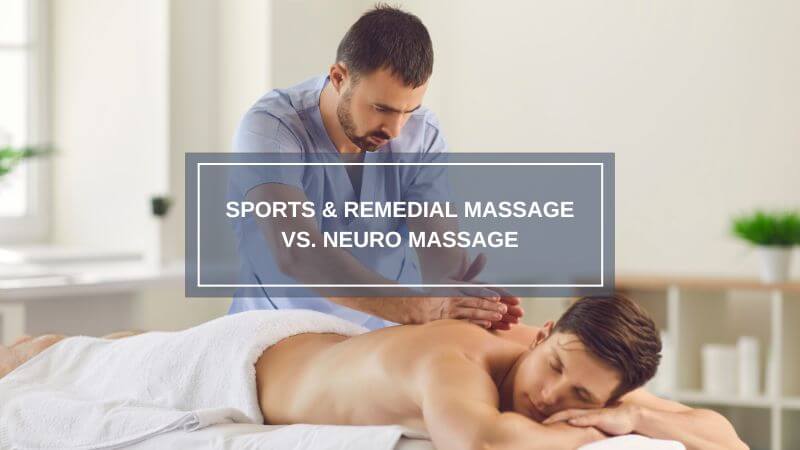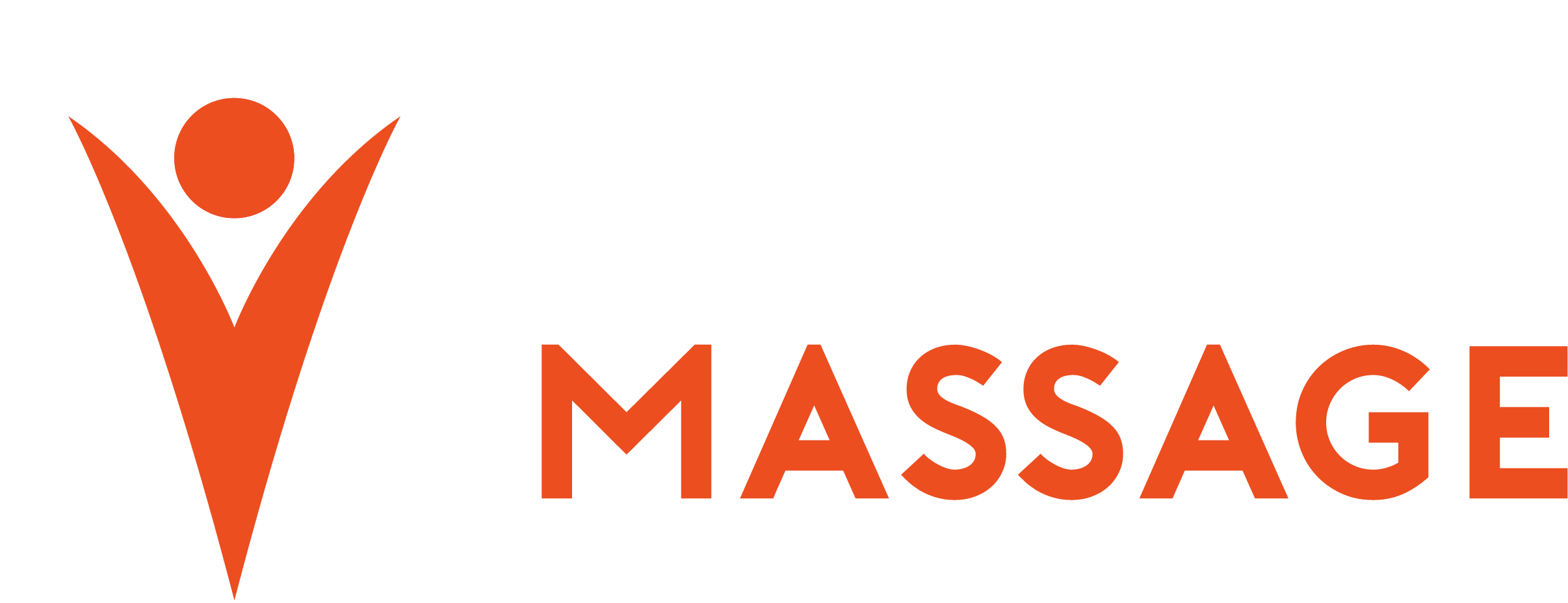Sports & Remedial Massage Vs. Neuro Massage: Understanding the Difference

At the Neuro Training School, we believe that touch is not one-size-fits-all. While Sports & Remedial Massage is well-known for helping athletes recover and perform at their best, Neuro Massage serves a very different – and deeply underserved – population.
Neuro Massage is designed for people living with neurological conditions, chronic illnesses, and trauma-related nervous system dysregulation. These clients often require a gentler, more intuitive approach that honors the body’s complex responses to pain, overwhelm, and sensory input.
The table below outlines the key differences in client needs, therapist approach, training, and impact. It shows why Neuro Massage is not just a technique – it’s a philosophy of care rooted in dignity, consent, and nervous system safety.
| Features | Sports & Remedial Massage | Neuro Massage |
| Primary Client Base | Athletes, fitness enthusiasts, individuals recovering from musculoskeletal injuries | Individuals with neurological conditions (e.g., stroke, Parkinson’s, multiple sclerosis), chronic illnesses, and trauma-related nervous system dysregulation |
| Core Purpose | Enhance performance, prevent injuries, alleviate musculoskeletal pain | Supports overall wellbeing and emotional regulation. Can assist with neurological presentations, ease discomfort, and promote a sense of comfort, agency, and calm |
| Approach & Mindset | Focused on physical rehabilitation and performance enhancement | Emphasizes emotional safety, consent, and individualized care |
| Clinical Considerations | Requires knowledge of anatomy, biomechanics, and injury cycles | Necessitates understanding of neurological conditions, cognitive processing, and autonomic nervous system responses |
| Training Requirements | Certification in sports and remedial massage therapy | Must have prior formal massage training. NeuroMassage requires specialized education in neurological conditions, trauma-informed care, and sensory communication. |
| Population Reach | Broad appeal among general population and athletes | Addresses an underserved niche — approximately 1 in 6 people in the UK live with a neurological condition |
| Market Opportunity | Established field with widespread recognition | Growing demand with limited number of trained practitioners, offering a unique opportunity for specialisation |
| Emotional Value | Goal-oriented, focusing on physical outcomes | Provides a profound sense of connection, safety, and dignity for clients |
| Measures of Success | Improved range of motion, pain reduction, enhanced athletic performance | Client reports of increased calmness, improved body awareness, and emotional well-being |
Note on Population Statistics:
- Prevalence: Approximately 11 million people in the UK live with a neurological condition, equating to 1 in 6 individuals.
- Impact: Neurological conditions account for 1 in 5 deaths in the UK and result in 800,000 hospital admissions annually
